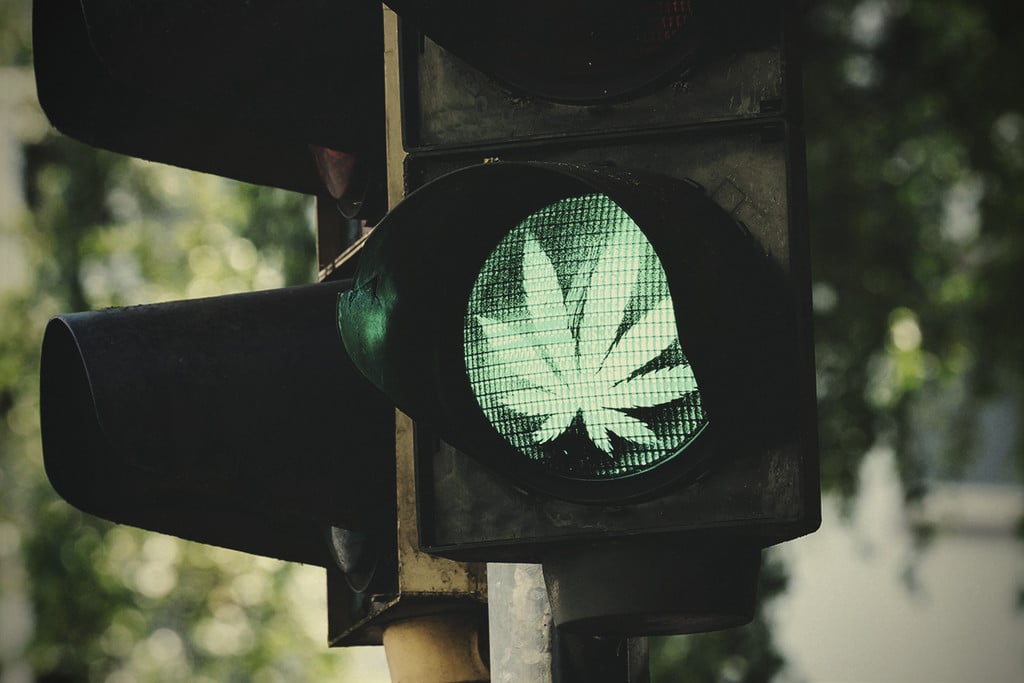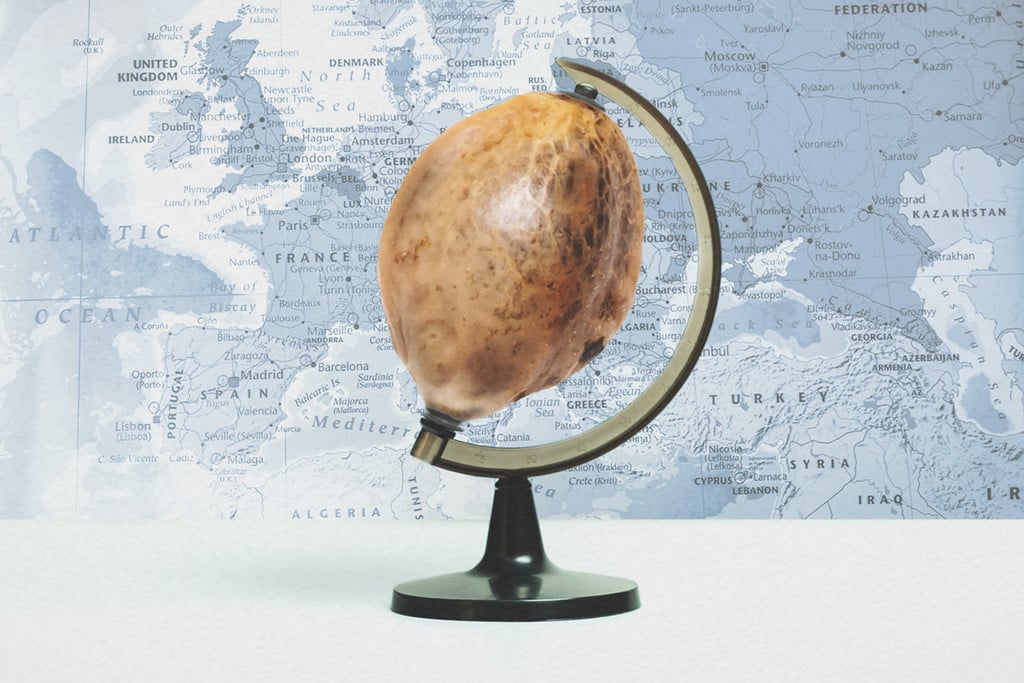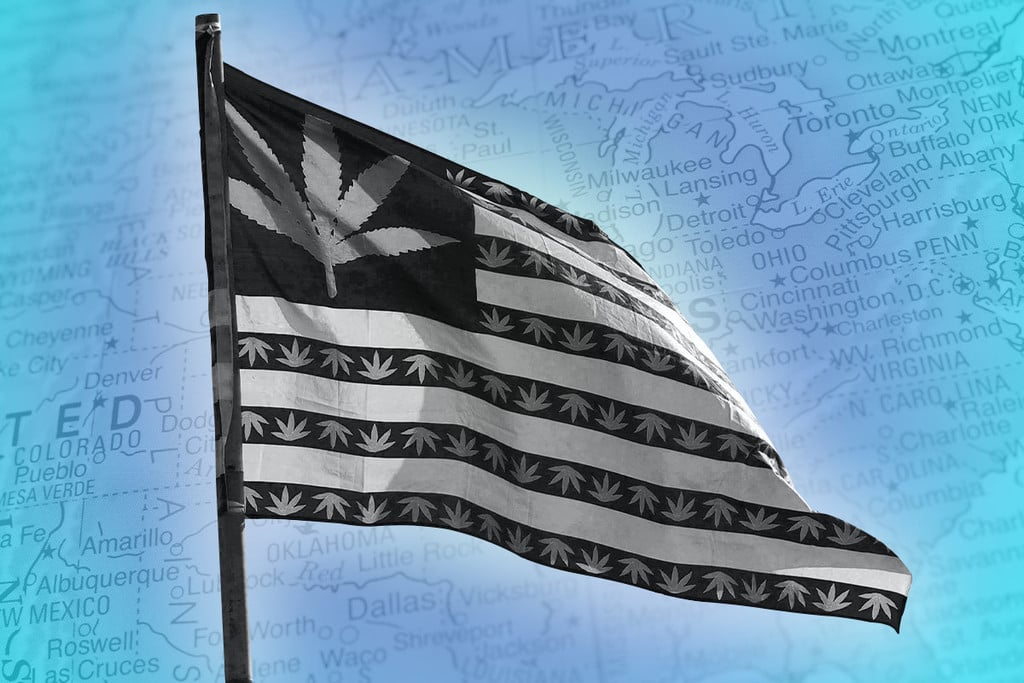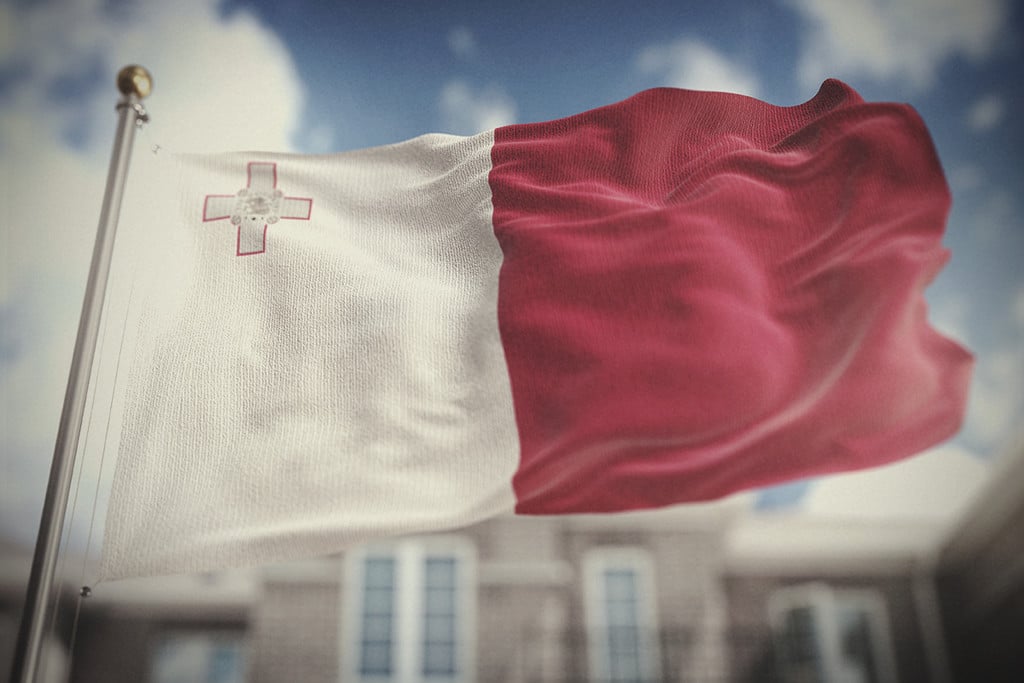.

Cannabis In Argentina
Today, Argentines can register for the legal exception to grow, transport, and consume cannabis in a way that is 100% legal. The same provisions also extend to buying cannabis seeds locally, whereby specific varieties are legal as long as they meet the country's updated framework. Keep reading to learn more.
Contents:
Argentina is renowned for its steaks, fine wines, legendary footballers, Pope Francis, and a seemingly endless economic crisis. It is also the second-largest country in South America and arguably the most socially liberal: Argentina was the second country in The Americas to legalize gay marriage over ten years ago, and close to 50% of Argentines supported the legalization of abortion in 2020, which is impressive for a South American country and a society where close to 80% of people identify as Catholic.
And when it comes to cannabis, Argentina is equally accepting; since 2021, Argentina has legalized the cultivation and possession of cannabis for registered individuals. Moreover, the country now allows the purchase of cannabis seeds, provided you meet the requirements of the National Cannabis Registry and the National Seed Institue. Keep reading to learn more about legal weed in Argentina.
2022 - A Year for Change
2022 has seen a significant shift in Argentina's legal cannabis industry. With a handful of approved cannabis seeds now legal to buy and the National Cannabis Registry in full effect, the country is beginning to embrace a green revolution. However, it wasn't always this way, with the first major steps toward cannabis legality taken over two years ago.
2020 was the beginning of big changes for Argentine cannabis users. On July 15th, the Government published a draft of big regulatory changes to the nation's medical weed law, bill 27.350. The draft made big promises, including the right for registered patients to grow their own cannabis at home, a proposed (yet not very detailed) framework for the public production and sale of medical cannabis products, and free public access to cannabis-based therapies. Soon after, the government started setting at least part of these proposed changes in motion.
A year later, individuals, health professionals, and non-government bodies could register with REPROCANN, Argentina's new national cannabis registry (Registro Nacional del Programa de Cannabis). Any person or organization registered with the program can legally cultivate, possess, and consume cannabis. There are basically three different ways to gain access to REPROCANN in Argentina;
- As an individual who cultivates cannabis for themselves. In this case, you need to get assessed by a medical professional who'll file a request on your behalf to be allowed to grow, possess, and use cannabis for medical purposes.
- As an individual who cultivates cannabis for another registered patient.
- As an NGO that cultivates cannabis on behalf of its patients.

Buying cannabis seeds legally in Argentina
Cultivating and consuming cannabis legally is a significant step forward, but how can individuals get hold of seeds? Well, in a recent update, the commercialisation of cannabis seeds in Argentina was made legal, meaning, in theory, anyone who lives there can buy them without the need for documentation.
Now, we say ‘in theory’ because possession and planting of cannabis seeds is still a criminal offence unless individuals have registered with the aforementioned cannabis registry (REPROCANN).
Moreover, the situation gets a little trickier with the types of seeds you can buy, as these must be registered with INASE (the National Seed Institue), and the registration only lasts a year before renewal. The good news, however, is that the law doesn’t specify the cannabinoid content of seeds, meaning the Argentinian cannabis industry is open to high-THC, High-CBD and everything in-between.
Currently, there are four approved varieties of cannabis, with another 77 under review. Encouragingly, these provisions will also extend to grow shops, and they will only need to meet a few basic requirements to sell the approved seed types. This change to buying cannabis seeds also represents a major step forward for medical programs and research, removing the need to import seeds from abroad.
How Does Argentina’s Cannabis Program (REPROCANN) Work?
In many ways, Argentina's medical cannabis program stands out quite dramatically from other medical cannabis programs in place around the world. Most notably, there is no list of qualifying conditions under Argentina's REPROCANN.
Instead, patients can register any use of cannabis they consider therapeutic. This is quite a strong contrast to other medicinal cannabis programs like those in place in certain US states, which only consider patients with serious illnesses such as cancer, epilepsy, HIV/AIDS, or PTSD, for example. Some common therapeutic uses of cannabis that Argentine patients list in their REPROCANN applications include, for example:
- Sleep improvements
- Relief from generalized anxiety and stress
- Improved appetite
- Mild pain management
Moreover, Argentina's REPROCANN allows patients to possess and grow generous amounts of cannabis. Individuals enlisted in REPROCANN, for example, are allowed to grow nine flowering plants and an unlimited amount of vegetating plants indoors (in a grow space no larger than 6m2) and outside (in a space no larger than 15m2).
Individuals can also possess up to 40g of dried cannabis flowers in public or up to 6 30ml bottles of cannabis tincture/extract. There is also no limit on the amount of cannabis a patient can have in their home. On the other hand, a registered NGO can grow up to 9 plants per patient for a maximum of 150 registered patients.
As we’ve previously highlighted, REPROCANN makes no distinctions regarding the types of cannabis a patient can possess or cultivate. That means all strains and varieties of cannabis are fair game, including both high CBD and high THC strains.
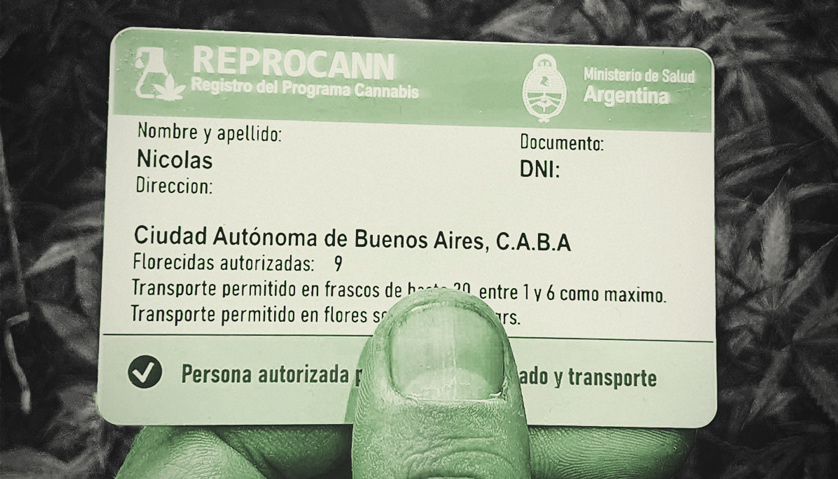
What other benefits are there to REPROCANN in Argentina?
Besides being able to grow and possess cannabis legally, REPROCANN patients can also:
• Transport cannabis on flights or other modes of transport across Argentina.
• Demand legal consequences should their plants, flower, or tinctures get stolen.
• Get prescriptions for cannabis or cannabis derivatives from public health professionals.
What Are the Downfalls of Argentina’s REPROCANN?
Like most legal cannabis frameworks, Argentina's REPROCANN is far from short of criticism. After all, it only covers the therapeutic use of cannabis and doesn't fully legalize or decriminalize cannabis for everyone. Cannabis is still illegal in Argentina, and getting caught with plants or whatever a police officer considers a "large amount" of cannabis in public can get you arrested and sentenced to a court hearing.
Another common criticism of Argentina's REPROCANN program is that it makes no clear comment on the legality of possessing and using edibles and cannabis extracts such as hash, for example. While REPROCANN places no restrictions on how patients consume cannabis, its guidelines only ever mention cannabis plants, dried flowers, or liquid tinctures.
Finally, and arguably one of the biggest criticisms of Argentina's REPROCANN is the failure of law enforcement to be informed of the program and the legal rights it offers patients. To this day, registered REPROCANN patients get busted or held up for transporting or growing cannabis by law enforcement officials who haven't been properly educated on the program and its scope.
What Was Argentina’s Stance on Cannabis Before REPROCANN?
Argentina has a rich cannabis culture, and many (especially young) Argentines regularly consume cannabis. In fact, cannabis has deep roots throughout South America. Before the establishment of the REPROCANN program, however, cannabis laws in Argentina were somewhat hard to understand.
Under article 77 of Argentina's penal code, cannabis is a listed schedule substance and producing, selling, or simply possessing cannabis can result in a jail sentence of up to 14 years. In 2009, however, an iconic Supreme Court ruling (then known as the Arriola Ruling) declared it unconstitutional to penalize the possession of drugs for personal consumption.
More specifically, the Supreme Court ruled that the personal consumption of drugs in private is protected by article 19 of Argentina's constitution, which reads: "The private actions of men that in no way offend public order and morals or harm a third party are only reserved to God, and exempt from the authority of magistrates." Unfortunately, the Arriola Ruling (now known as the Arriola Failure) failed to produce any legislative changes to Argentina's drug laws.
Before 2021, there were some attempts and progress in changing Argentina's stance on cannabis. Most notably, 2017 marked the birth of Argentina's medical cannabis law, bill 27.350, which began putting in place some legal frameworks to allow legal access to therapeutic cannabis.
For a long time, however, the law really only extended to people with rare refractory cases of epilepsy and only covered treatments with Charlotte's Web brand tinctures (which patients had to import into the country and pay up to 50% import taxes on).
Following the creation of REPROCANN, Argentina's government also announced draft legislative changes to federal laws on the industrial use of cannabis and hemp in May 2022. While the details of these draft bills haven't been confirmed, the government is touting the sheer economic potential of opening Argentina's doors to a legal cannabis industry.
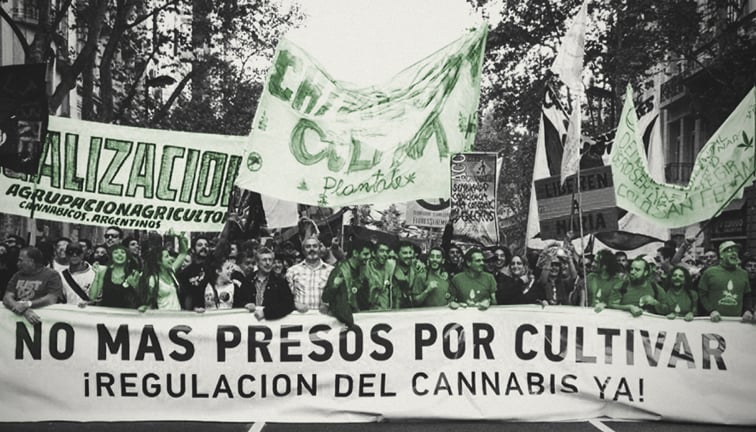
Cannabis in Argentina: A Space of Constant Growth
Cannabis is an active part of both Argentina's culture and medical practice. Luckily, federal legislation is starting to reflect this and is making it easier for people to access cannabis for a wide variety of purposes.
While the current state of cannabis laws in Argentina still leaves a lot to be desired (especially for people who want access to the plant without registering as a patient), recent years have seen some major changes worth celebrating. As time goes on, hopefully, Argentina will continue to serve as a role model for liberal policy.


























